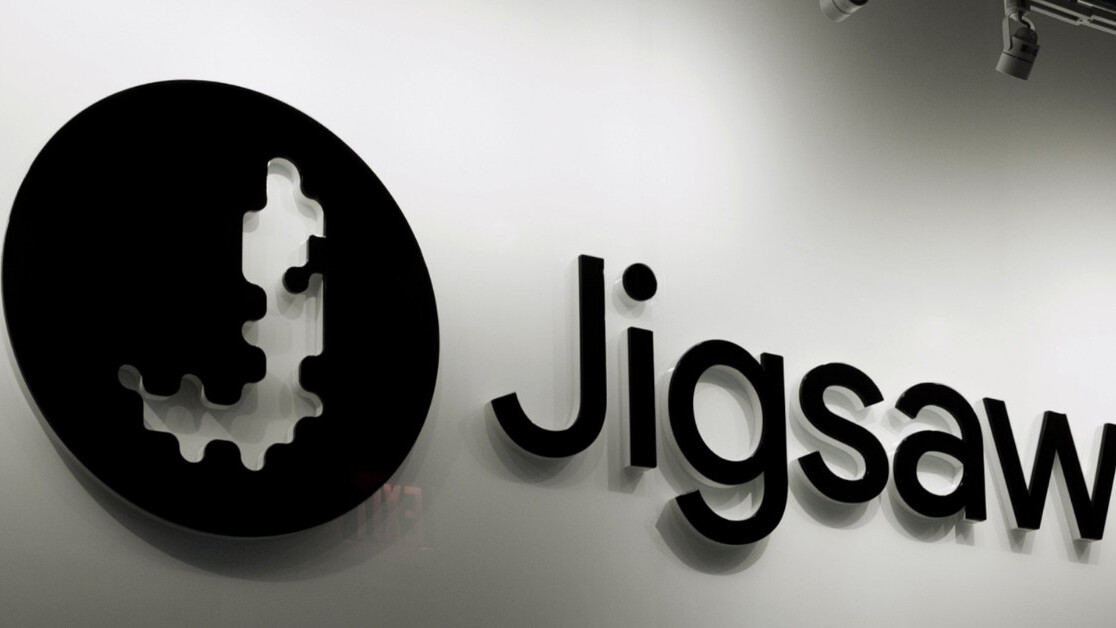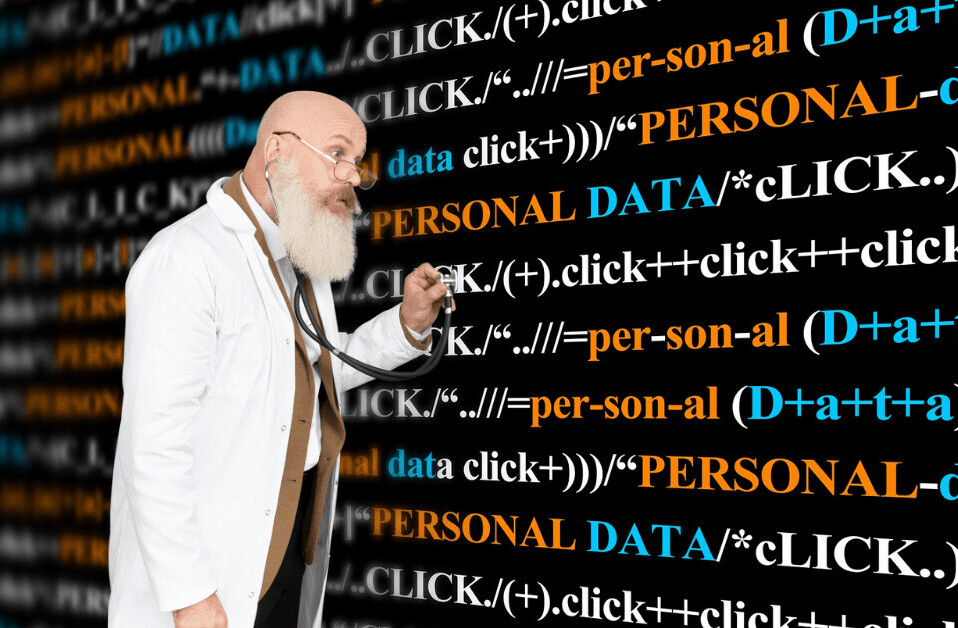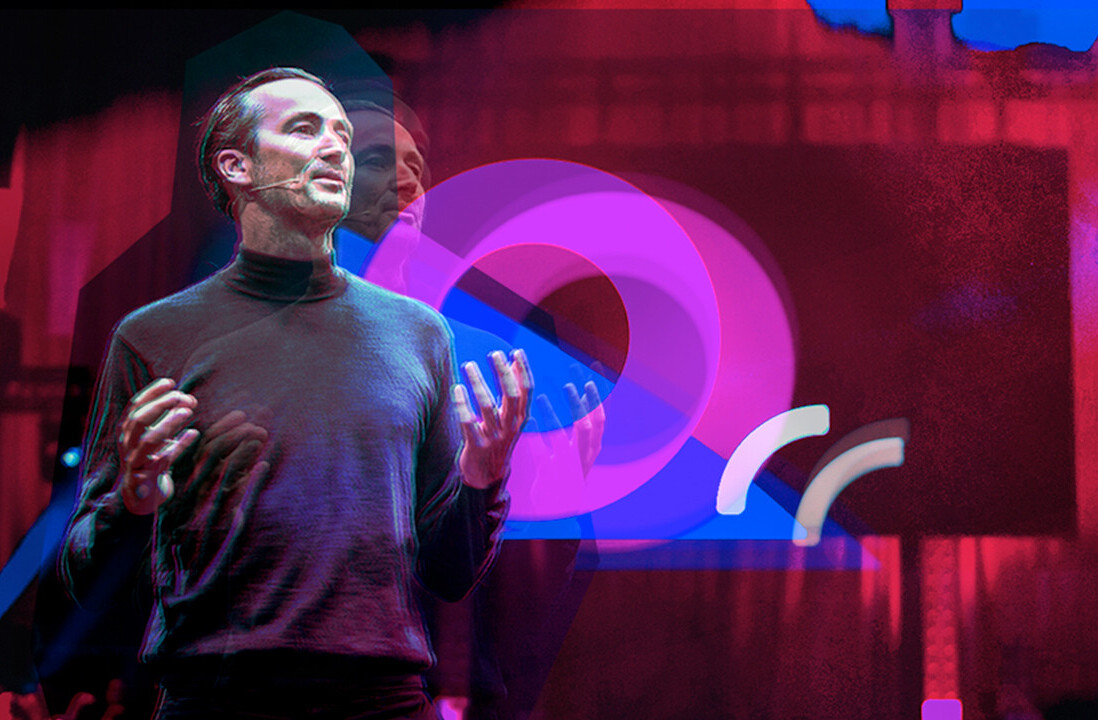
Jigsaw — a unit within Alphabet — is one of the most important projects working towards countering cyber attacks, censorship, and online extremism. Using AI and machine learning, Jigsaw is tackling political challenges with technology, not policy.
One of their most recent projects is the security app Intra, which protects its users from government censorship by passing all browsing queries and traffic through an encrypted connection to a trusted DNS (Domain Name Server). The app has been a success in Venezuela, where state-sponsored DNS manipulation has been used to prevent Venezuelans from accessing news sites.
We recently spoke with Patricia Georgiou, Jigsaw’s Head of Partnerships and Business Development, on the importance of protecting citizens’ debates and opinions, and who Jigsaw acts in the interest of.
Who is Patricia Georgiou?
Georgiou’s role at Jigsaw is an important one — Jigsaw’s team, which includes product managers, engineers, and designers, acts in cooperation with other platforms, news organizations, human rights organizations, and election monitoring institutions.
“My job is really to define the strategy of who we should partner with for whatever it is that we’re trying to build — to inform the type of product which we’re developing, how to develop it, and then how to actually launch it in the real world so that we can create the impact we’re trying to create,” Georgiou told The Next Web.
“So it’s really about finding who are the right organizations or stakeholders in these areas that we should be partnering with, and then structuring the collaboration in a kind of mutually beneficial way so that we can build the kind of solutions that we think are right.”
When it comes to elections, such as the upcoming European Parliamentary elections in May, Jigsaw is working to develop online conversation moderation solutions, with news organizations in particular.
“People go to discussion rooms, they go into the comment section of big articles, and they start having conversations and sharing opinions, and this is where a lot of their debates and opinions emerge,” Georgiou explains. “The problem is that without technology it isn’t possible to moderate these conversations — it can become quite toxic, some people become either aggressive or very violent or make threats to other people, and many are afraid to share their opinion. But it’s important for these conversations to happen.”
Jigsaw’s machine learning and AI come in when publishers and platforms can’t, for example, handle the volume of conversations they host: “We’ve been developing an AI solution to do this moderation more quickly. That’s something we’ve been doing with The New York Times. And we still want to move into other languages so that it’s useful for other countries in the world during elections. People need to be able to have conversations online around elections.”
But who is Jigsaw for? Georgiou says Jigsaw works in the best interest of everyone — individuals, news organizations, platforms, governments — but this begs the question: what happens if their work means acting in the best interest of certain parties over others? For example, like in the case with Venezuela, governments and citizens are not always working in tandem.
Georgiou says that with each project, Jigsaw needs to assess who they are working on behalf of: “We really think around what is the effect that we’re trying to create and how we are trying to move the needle. So in another example, which is radicalization, internet platforms are used by extremist groups, like ISIS or the far right or far left, to basically use propaganda to convince vulnerable users and individuals to join their ideology and commit violent action.”
“In this case, we’re acting in both the platform and individuals’ interest because what we’re trying to do is have the platforms redirect individuals who are consuming content on these platforms to keep capturing speech and content that can potentially change their minds, and prevent them from being convinced by radical ideology,” Georgiou added.
“So you’re certainly acting in the interest of the platforms who want to be a force for good and not used for nefarious purposes, and you’re also helping ultimately the vulnerable users who could potentially be tempted by these ideologies.”
Ask her anything
On Thursday, February 21st, Patricia Georgiou is hosting a TNW Answers session, where she’ll be taking all your questions on Jigsaw’s work, her role, and how AI and machine learning are necessary in the fight against online extremism.
Send in your questions here now, and join us on Thursday to see her answers live!

Get the TNW newsletter
Get the most important tech news in your inbox each week.




